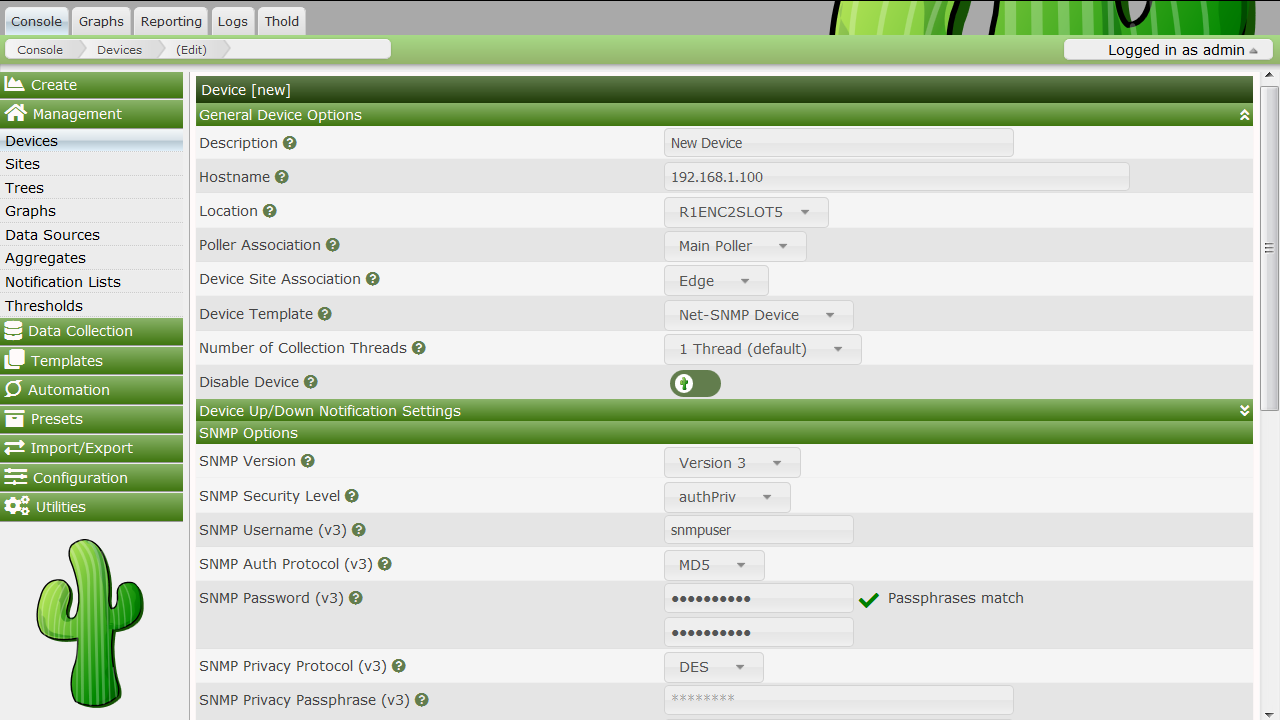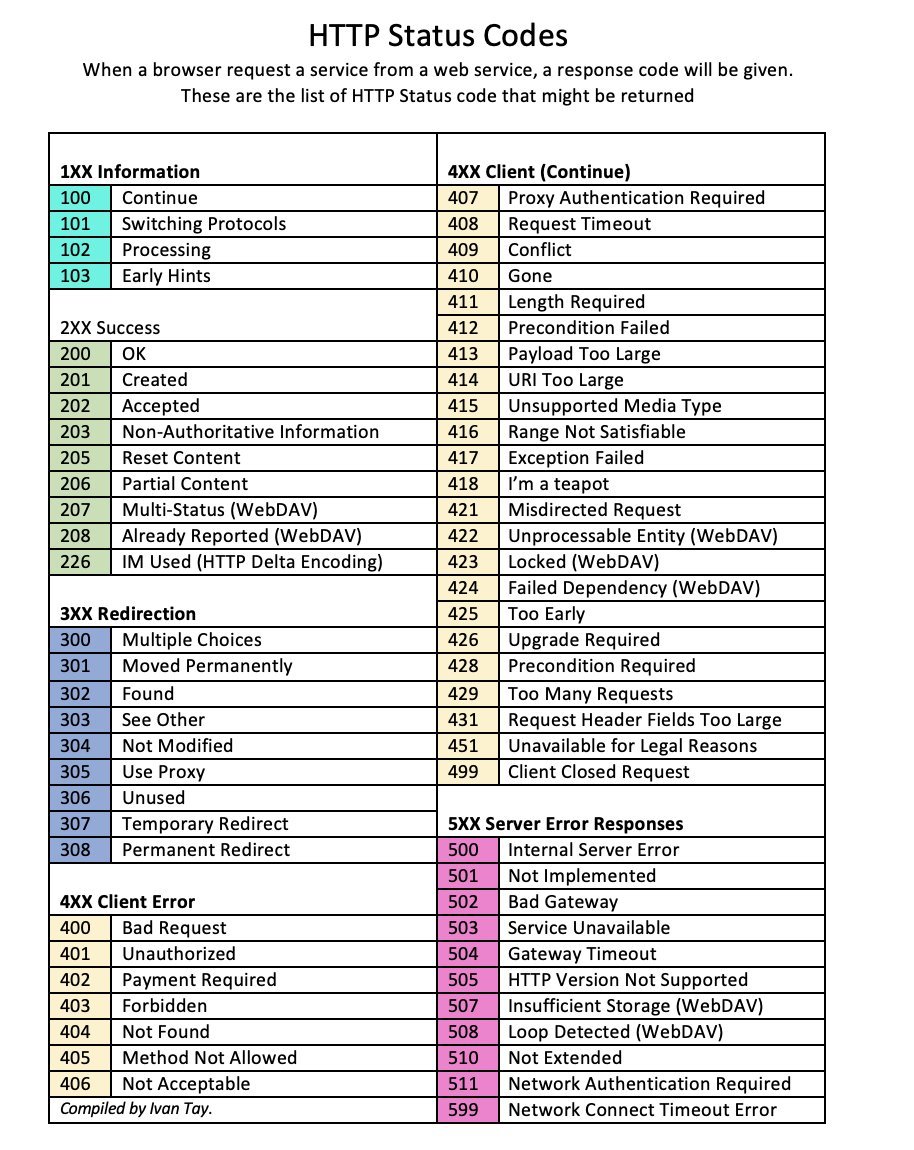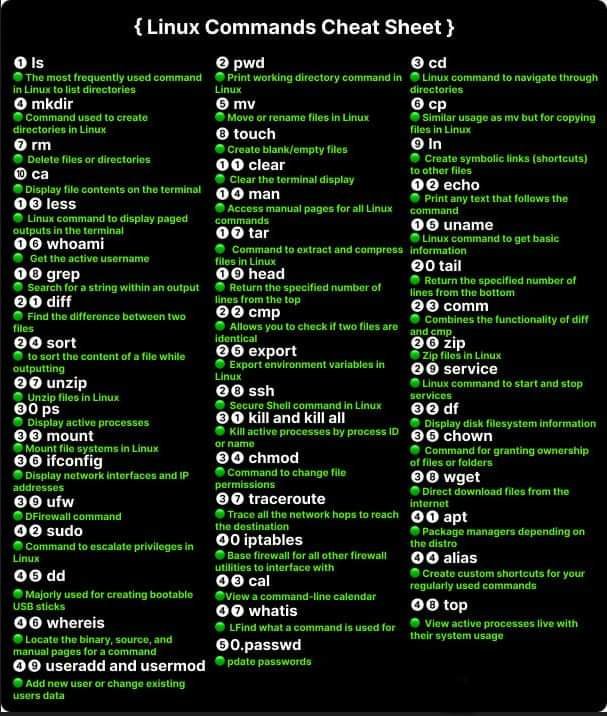Unauthenticated Remote Code Execution in Cacti
Cacti is an open-source, web-based monitoring solution with a long-standing history dating back to its first release in 2001. Nowadays, it is well established, actively maintained, and deployed worldwide. A quick Shodan search reveals that thousands of organizations publicly expose their instances to the internet.

To continuously improve the technology behind our Clean Code solution, we regularly scan open-source projects and evaluate the results. In the case of Cacti, our engine reported a promising command injection vulnerability. Analyzing this finding revealed that an unauthenticated attacker can exploit the vulnerability by leveraging an authentication bypass.
This article will outline the impact and deep dive into the technical details of the discovered vulnerabilities. Furthermore, we will determine the root cause of the vulnerabilities and explain how the applied patches mitigate them.
Impact
The vulnerabilities affect Cacti version 1.2.22 and below and are tracked as CVE-2022-46169 with a CVSS score of 9.8. Unauthenticated attackers could exploit a vulnerable Cacti instance if any monitored device uses a specific data source. Exploiting allows attackers to run arbitrary commands under the same user as the web server process is running.
The following video demonstrates the exploitation of a server running a vulnerable version of Cacti:
The security advisory contains a patch that system administrators must apply manually for Cacti versions 1.2.22 and below. The patch will be released as part of versions 1.2.23 and 1.3.0.
We strongly recommend applying the provided patches and updating to a new version once available.
Technical Details: https://www.sonarsource.com/blog/cacti-unauthenticated-remote-code-execution/
What's Your Reaction?



















